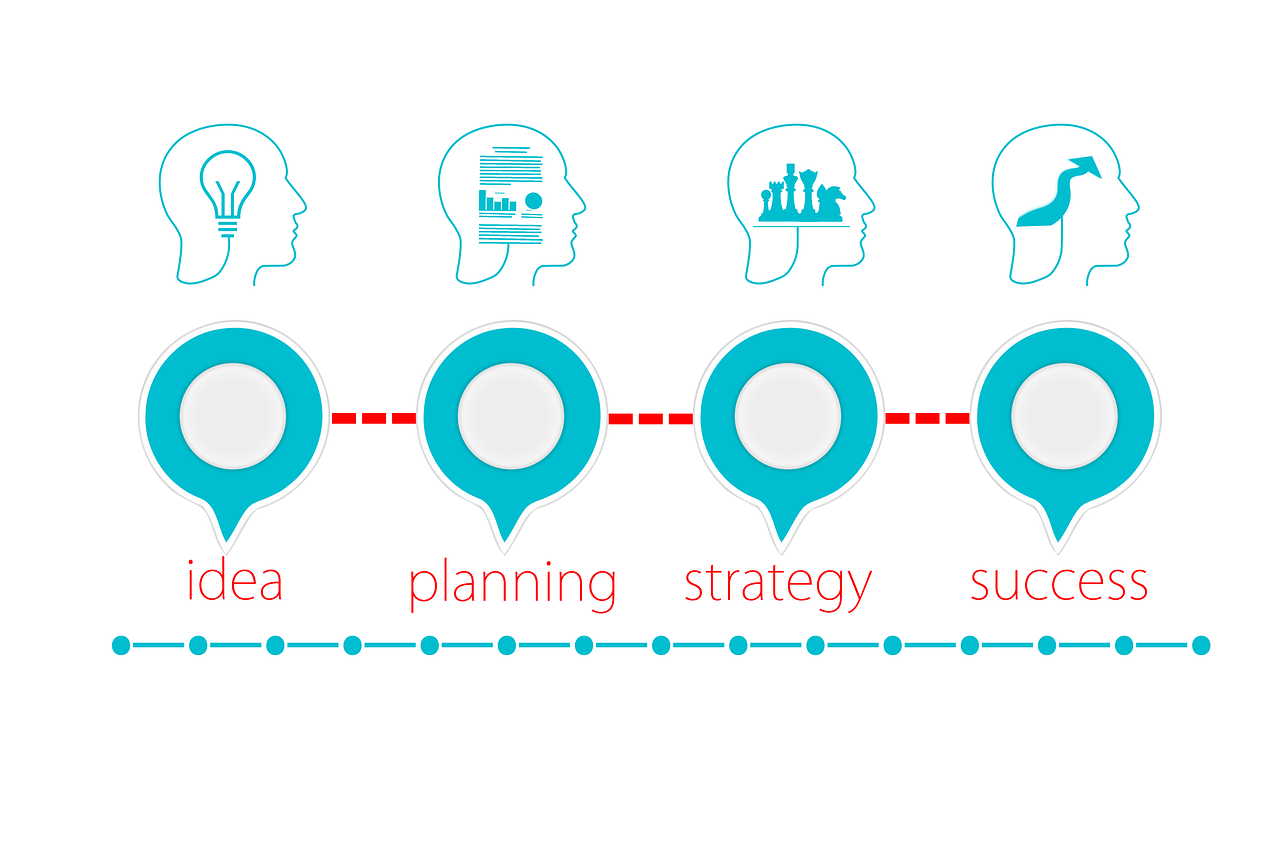
In the dynamic and competitive landscape of today’s business world, establishing and maintaining a small business can be a challenging endeavor. One key element that can significantly contribute to the success of a small business is a well-crafted marketing plan. Despite their size, small businesses can reap substantial benefits from having a strategic marketing plan in place.
Clear Direction and Focus:
A marketing plan serves as a roadmap for small businesses. It outlines specific goals, target audiences, and the strategies to reach them. Having a clear direction helps business owners stay focused on their objectives, avoiding haphazard efforts that may not yield the desired results.
Resource Optimization:
Small businesses often operate with limited resources, making it crucial to allocate them efficiently. A marketing plan allows for better resource management by identifying the most effective channels and tactics. This prevents wasted time and money on marketing initiatives that may not align with the business’s goals.
Understanding the Target Audience:
Small businesses need to understand their target audience to tailor their products or services to meet customer needs. A marketing plan involves market research, helping businesses gain insights into customer preferences, behaviors, and trends. This understanding enables businesses to create more personalized and effective marketing campaigns.
Competitive Edge:
Small businesses are constantly competing for attention in crowded markets. A well-defined marketing plan helps identify unique selling points and differentiators, giving small businesses a competitive edge. By showcasing what sets them apart, businesses can attract and retain customers more effectively.
Budget Control:
Small businesses often have limited budgets, making it essential to prioritize spending. A marketing plan allows for the allocation of funds to the most impactful strategies, preventing overspending on ineffective tactics. This disciplined approach to budgeting enhances financial stability and sustainability.
Adaptability to Changes:
The business environment is dynamic, with market trends, consumer preferences, and competition constantly evolving. A marketing plan provides a framework that can be adjusted to accommodate changes, ensuring that the business remains responsive to shifts in the market.
Measurable Results:
A marketing plan includes specific, measurable goals and key performance indicators (KPIs). This allows small businesses to track the success of their marketing efforts and adapt strategies based on real-time data. Measuring results helps refine future marketing plans for even greater effectiveness.
In conclusion, the importance of a marketing plan for small businesses cannot be overstated. It serves as a strategic tool that not only guides businesses in reaching their target audience but also ensures efficient resource allocation, adaptability to changes, and a competitive edge in the marketplace. Small businesses that invest time and effort in developing and executing a well-thought-out marketing plan are better positioned for sustained growth and success.
Our Services

































